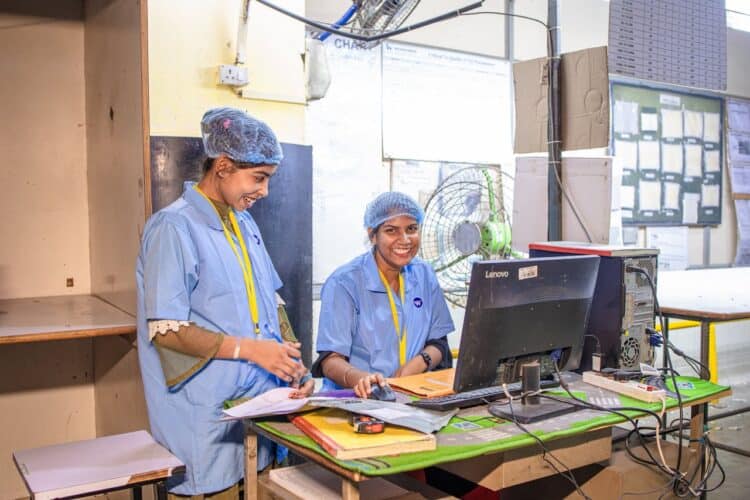Connected factory workers leverage digital tools and data management techniques to enhance operational efficiency and decision-making. To fully capture the benefits of these tools, it is therefore important to have human-centric strategies in place, according to Gartner.
Simon Jacobson, vice president analyst in Gartner’s Supply Chain practice, stated, “The connected factory worker can serve as a strategic pillar in supporting an organization’s aim of localizing manufacturing and expanding capacity.” He highlighted that successful implementation of these initiatives can help overcome current labour shortages and revitalise the frontline workforce.
Gartner outlines three levels of value associated with connected factory worker initiatives that can guide manufacturing leaders in realising higher returns on investment (ROI):
- Drive Savings by Improving Day-to-Day Operations: The first level focuses on using connected worker technologies to standardise processes, leading to immediate financial returns and operational cost savings.
- Expand Upon Financial Savings with Data-Driven Insights: The second level involves fostering a data-driven culture that enhances efficiency and employee engagement. This shift from guesswork to insight is crucial for developing a skilled and adaptable workforce.
- Shift to a Human-Centric Workforce Strategy: The third level emphasises a strategic focus on human-centric workforce strategies rather than purely technological solutions. Jacobson noted, “Organizations that involve their frontline associates in shaping smart manufacturing are more likely to exceed expectations.” This approach ensures that the workforce is engaged, skilled, and prepared for future challenges.
To implement a successful human-centric strategy, organisations must focus on several key areas:
- Talent Pipeline Development: Regularly updating roles and job descriptions can facilitate internal movement, aligning employee skills with organisational needs and attracting new talent seeking meaningful careers.
- Formalised Skills Training: Ongoing training programs are essential for maintaining a competitive workforce. Companies should assess skill gaps and design training that addresses both technical and soft skills.
- Career Pathing: Establishing clear career paths fosters engagement and retention, helping employees understand available opportunities and the skills needed for advancement.
- Radical Flexibility: Embracing flexibility for frontline workers can enhance engagement, though many leaders remain cautious due to labour market uncertainties.
As manufacturing continues to evolve, adopting a human-centric approach will be critical for organisations aiming to thrive in a competitive landscape. By prioritising employee experience and engagement, manufacturers can unlock the potential of connected factory initiatives and ensure sustainable growth.



